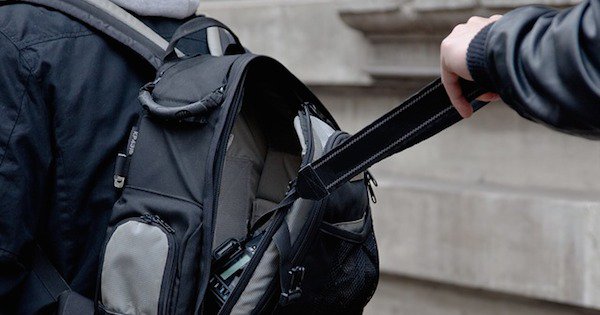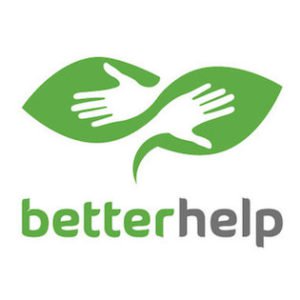
Kleptomania is a compulsive disorder. When you imagine somebody who has Obsessive Compulsive Disorder, you know that they often engage in compulsions or rituals that they do not want to participate in but feel that they need to some reason. Their brain is telling them that they must wash their hands 36 times, or check the stove over and over again to make sure that it’s off, or any number of ritualistic behaviors that fall under the category of compulsions. In the case of kleptomania, the addiction is stealing. A person takes things that they don’t need because their brain is telling them to do it and they cannot control themselves. How do you treat this?
CBT For OCD
One effective treatment for OCD is cognitive behavioral therapy (CBT.) A person learns that their thoughts are not reality. They learn that they can control their behavior in a way that is independent of what their brain is telling them. There are many exercises that people do when they’re in cognitive behavioral therapy to fight obsessions and compulsions. In the case of kleptomania, CBT could work to an extent, but the person is probably stealing because of a chemical imbalance and a lack of impulse control. So, what would be more effective than CBT is exposure therapy.
Tolerating distress
One of the hardest things for somebody with kleptomania is to tolerate the distress that they feel when they stop themselves from stealing. A therapist can help the individual face their distress level in a variety of ways. Here are some methods that therapists use with clients that have kleptomania.
Covert Sensitization – The therapist will have the person with kleptomania imagine themselves stealing and tolerate the distress or uncomfortable feelings associated with the vision. The person may imagine themselves getting arrested or having legal consequences. The covert sensitization technique helps the person with kleptomania face their addiction.
Aversion therapy – The individual with kleptomania practices uncomfortable techniques like squeezing their fists when they want to steal something.
Systematic desensitization – The client practices using relaxation techniques in their mind when they have an urge to steal.
Urge Surfing
A crucial thing to remember when it comes to kleptomania is that it’s about riding out the urge to steal. If the individual can tolerate the uncomfortable feeling of wanting to take something and stop themselves from doing this, they have done something remarkable. What this is known as is “urge surfing.” Imagine that you are in the ocean and you’re on a surfboard. You’re waiting for the wave to come so that you can ride it. Dealing with emotional impulses is much like surfing in the ocean. You wait for the urge to steal when you are experiencing kleptomania symptoms, and then you ride out the wave of discomfort until it subsides. It becomes less and less painful as you go on and become skilled at urge surfing. You see evidence that the anxiety is not going to kill you and you have more power than you thought you did.
Kleptomania is treatable
Kleptomania is a serious problem. It is a severe compulsive disorder that can result in legal consequences, but help is out there, and it’s more accessible than ever before. With help, a patient can build a future without compulsive stealing. A person living with kleptomania needs to understand that if they can get control over their urges by using techniques and learning how to navigate urges through urge surfing in therapy, they will be able to lead a healthier life. If you have a friend or loved one with this condition, get them help. They will be free from the fear of legal trouble and free from hiding their compulsive stealing. Whether they’re working with an online therapist or someone in the local area, there is hope for people coping with kleptomania.
This is a featured post by site sponsor Better Help.

Photo credit: Pixabay

